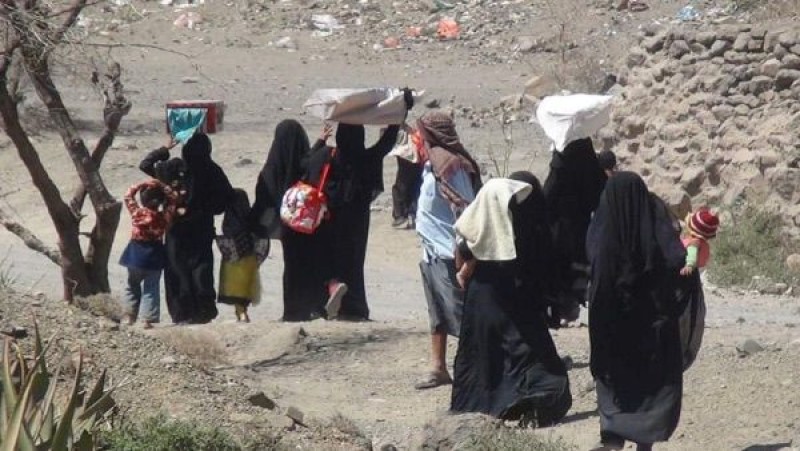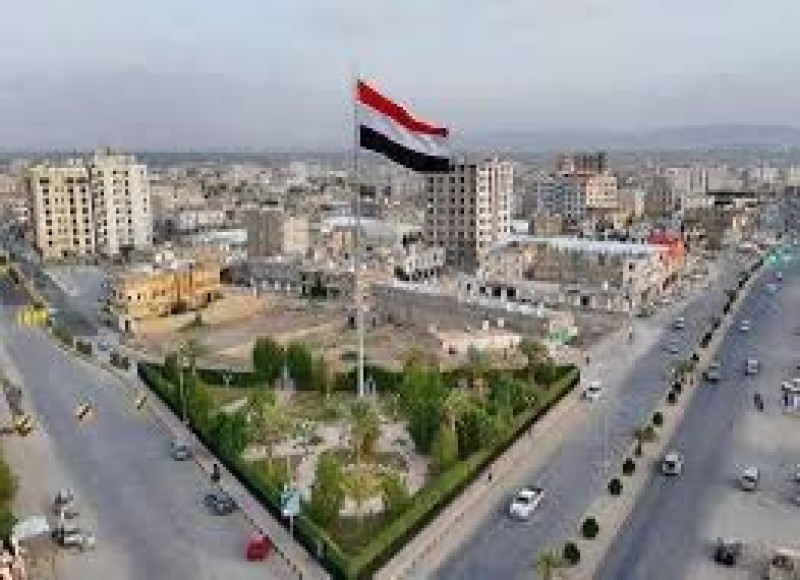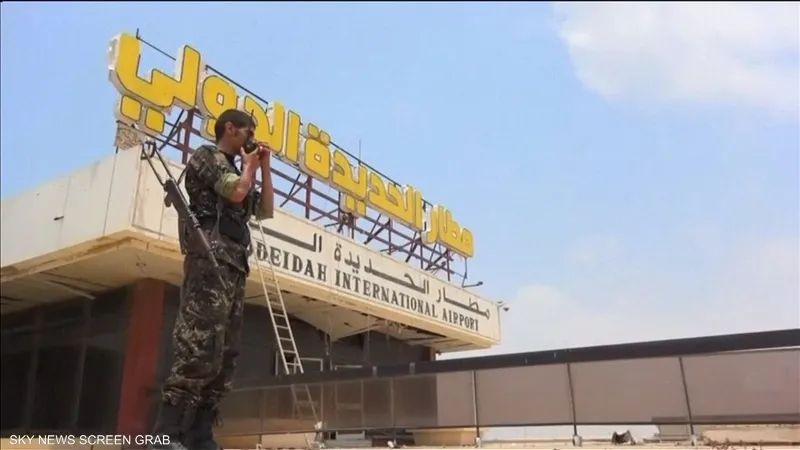In Yemen, al Qaeda's Greatest Enemy Is Not America's Friend


By Peter Salisbury
Locals describe Manasa as a village, but it's little more than a complex of houses loosely clustered around an earthen courtyard at the end of a bumpy dirt track five hours from Yemen's capital of Sanaa.
On a bright afternoon last month, Waleed al-Daelemi gestured toward a patch of ground in the courtyard. "This is where they cut his throat," he said of a Houthi fighter who was killed by al Qaeda militants. "They cut it with a big knife. We haven't found the body yet."
The execution was documented in a video being widely circulated in the country.
Another man then pointed to a nearby mountain range, a collection of craggy, volcanic peaks known locally as Jebel al-Thaleb, or Fox Mountain. "They used to call that Slaughter Mountain," he said, explaining that the nickname was the result of al Qaeda commanders' habit of taking prisoners there to execute them, often forcing them to dig their own graves beforehand.
For many Yemenis, Manasa is a macabre fairytale. The area around the village has gained notoriety in recent years as a base for al Qaeda in the Arabian Peninsula (AQAP), the local al Qaeda franchise that, until the then-affiliated Islamic State exploded in Iraq and Syria, Washington saw as al Qaeda's deadliest branch.
"It was like a ring of fire," said Waleed al-Ghutha, head of the local division of the Central Security Forces, a Yemeni paramilitary security unit. "It was their stronghold, a base for people from all over Yemen and outside of Yemen."
AQAP massively expanded its presence in Al Beidah, the province of which Manasa is a part, during the country's 2011 uprising. But for the past two or three months, Houthi fighters from the north of the country have been streaming into Al Beidah, taking AQAP on — and mostly winning. So confident are the Houthis of their control of the area that Western journalists were able to openly travel there last month for the first time in more than three years. (Female journalists hidden under burkas had travelled into the area earlier in the year.)
The recent campaign against AQAP would seemingly elicit some good cheer in Washington. The US has spent the past decade and hundreds of millions of dollars trying to root out Islamist extremists in Yemen. And the Yemeni branch of al Qaeda is currently threatening to kill an American citizen it kidnapped in 2013.
But the Houthis are actually a massive headache for the security establishment in Washington, so much so that in November the US government pushed for the UN to sanction two of the group's leading military commanders.
The sanctions came in retaliation for a four-day siege of Sanaa that left the Houthis in effective control of the capital. The Houthi takeover left Yemen's increasingly unpopular president Abd Rabbu Mansour Hadi, an American client who has praised the US drone campaign in Yemen, in a deeply weakened position. The Houthis, who Washington alleges are backed by Iran, emerged as political kingmakers.
The group is implacably opposed to AQAP, America's main strategic target in Yemen, but it is also openly hostile to American intervention in the country. Houthis are deeply critical, like most Yemenis, of the American drone campaign while leaders of the movement, whose well-known and ubiquitous slogan is "Death to America" — Houthis say they don't mean it literally, and that it's really just another way to say "Fuck off America" — refuse to meet with American officials, who they believe have a destructive influence in the Middle East. The Houthis blame the US for the rise of the Islamic State.
In September, President Barack Obama praised Yemen as a success story in the fight against al Qaeda, saying it should serve as a model for American intervention in Iraq and Syria. "This strategy of taking out terrorists who threaten us, while supporting partners on the front lines, is one that we have successfully pursued in Yemen and Somalia for years," he said.
But the US has often killed the wrong people with its drones in Yemen, catalyzing anti-US and anti-government sentiment. Meanwhile, the Yemeni government has often paid lip service to providing security but hasn't provided much of it outside the capital. After a decade of counterterrorism operations in Yemen, AQAP is stronger than ever.
And so Obama faces a hard choice in Yemen: Continue with a problematic strategy that has had little actual impact on AQAP, or consider a partnership with a group that the US has publicly condemned and is viewed in Washington as an Iranian proxy.
"As long as the American Yemen policy is predicated on countering AQAP, we probably won't see a shift from the US," Zimmerman said. "But the rise of the Houthis should give the US pause, since their long-term objectives may be in conflict with those of the US."
News Vice

Aden — The International Organization for Migration (IOM) reported that more than 24,000 people have been internally displaced in Yemen since…

MARIB — Security sources reported that police in Marib governorate have opened investigations into two separate suicide incidents that occurr…

Hodeidah — Two members of the Iranian-backed Houthi militia were killed and five others wounded in a landmine explosion near Hodeidah airport…